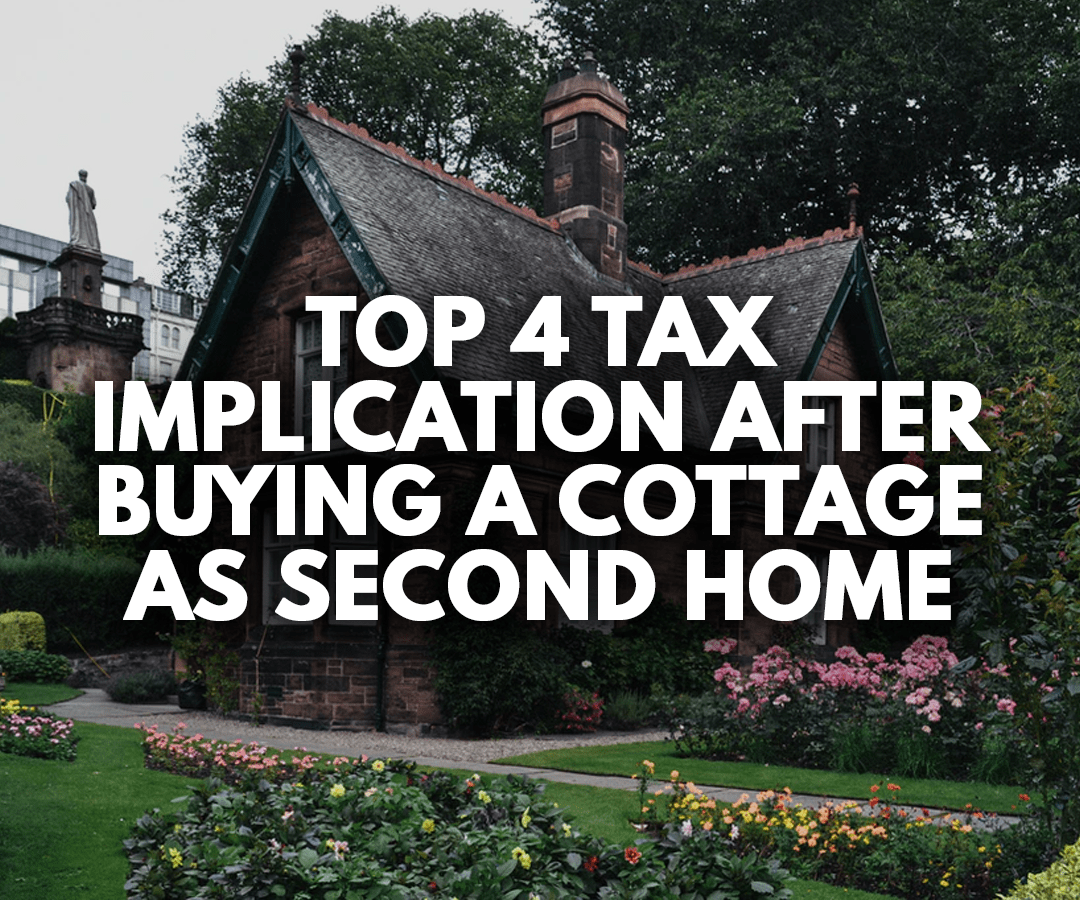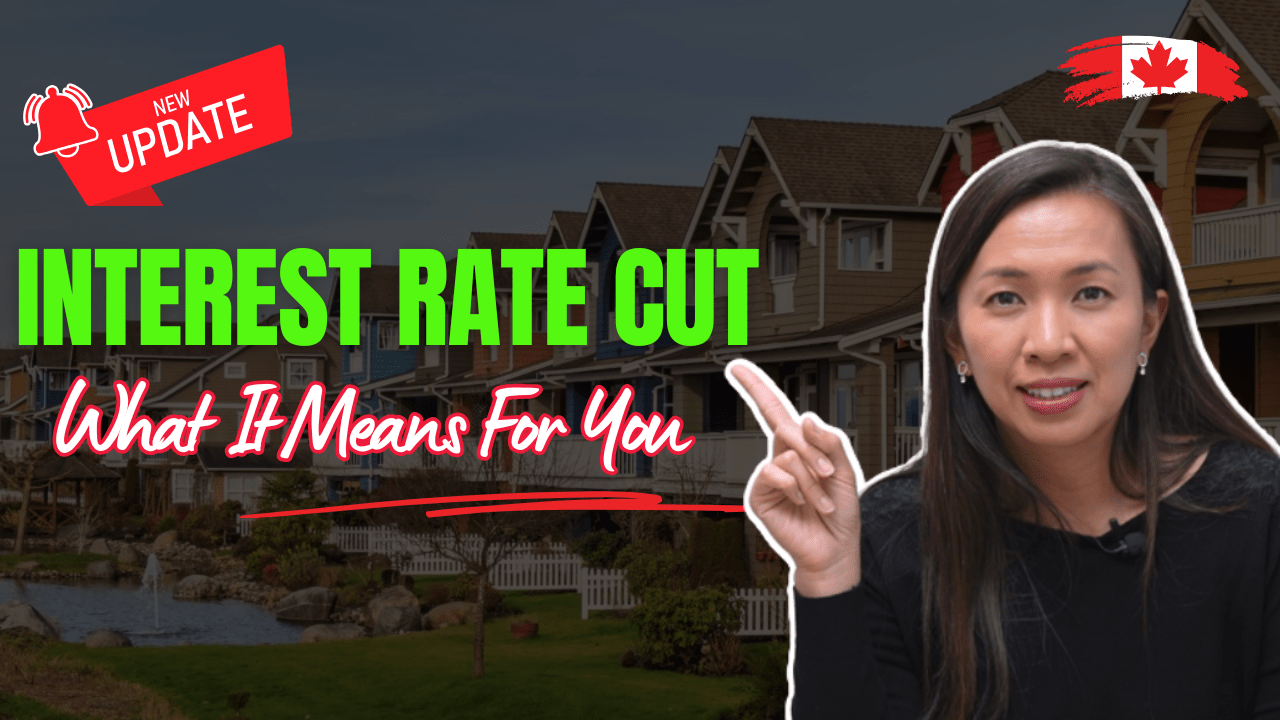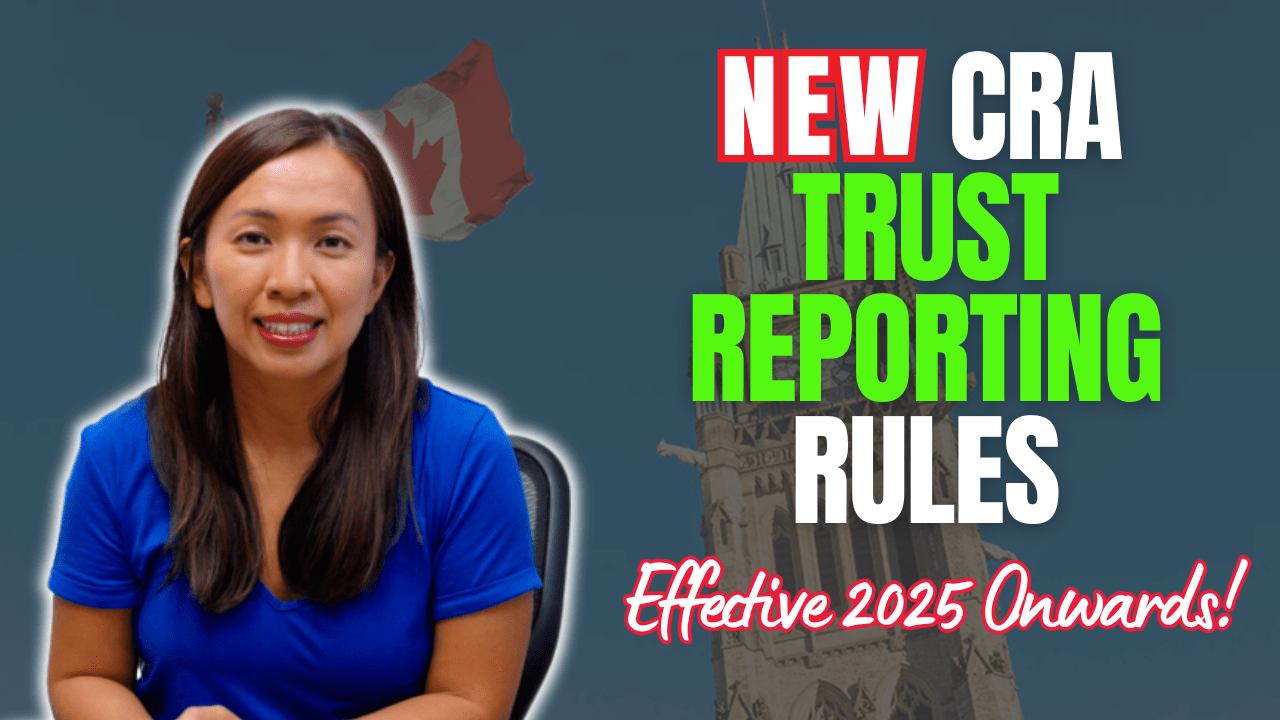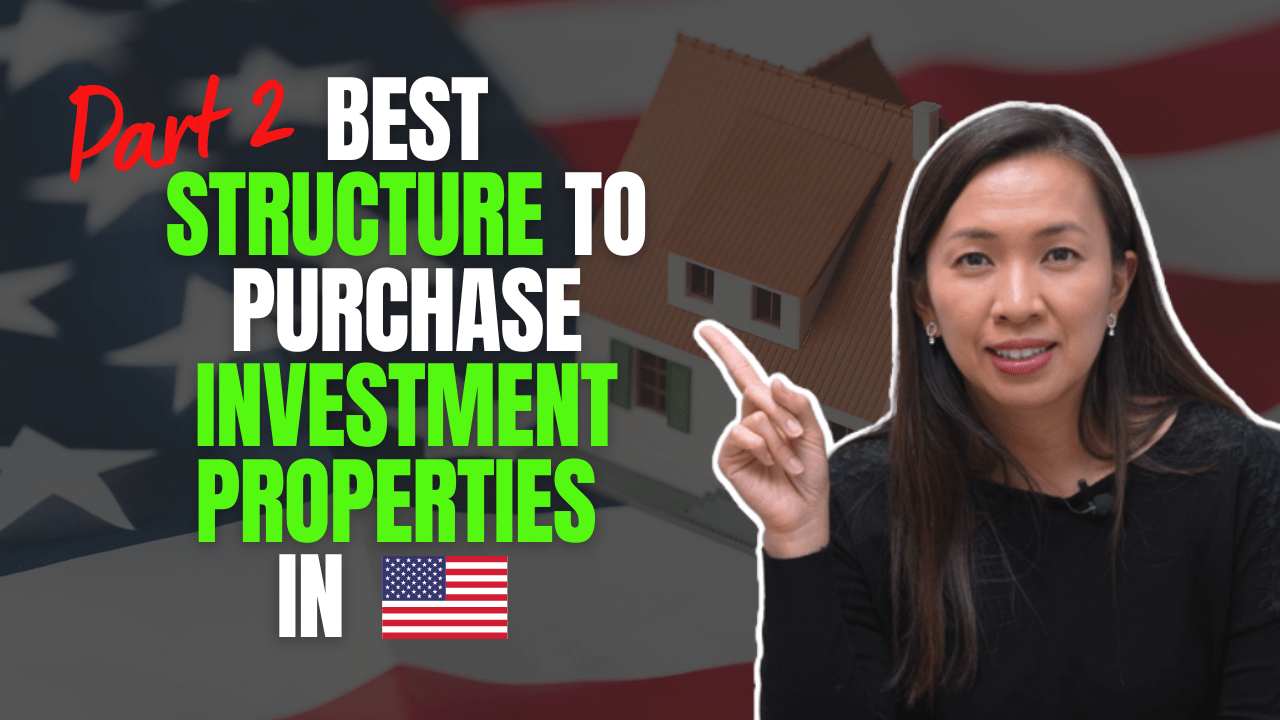I hope everyone had a great long weekend.

Even though we’re still in the lockdown state, we managed to spend some time in our pool and our backyard. Erwin and I even squeezed us in for a round of golf.
A long weekend also meant that a shorter work week, which usually led to a busier week in my schedule.
We hosted a webinar on Tuesday sharing how we help our clients to decide they should setup corporation to hold their portfolio or not.
Busy weekend, but can’t wait to get back to the pool with the pond view…
While we opted to create our little in-the-city cottage experience in our own backyard, many Canadians opted to purchase a real cottage instead.
A few of our clients even went as far as selling their homes in Toronto and moved to Blue Mountains and Muskoka area.
For the real estate investors who plan to house hack their cottage, here’re the top four tax implication of owning a cottage as secondary home.
- Capital gain tax on sale of cottage
Do you need to pay tax on the sale of cottage? This depends.
When you spend time at your cottage as seasonal residence, you might still be able to claim primary residence exemption against the cottage.
However, you and your spouse can only designate one property as y our primary residence in any given year.
If the cottage is your second residence and you choose to apply primary residence exemption on the cottage, you will be liable for capital gain on the sale of your home.
You will have to do some planning when you decide to sell. You will need to calculate the average gain per year for your home and your cottage and decide if it is more beneficial to designate your home or your cottage as primary residence to minimize the amount of taxes you would have to pay.
If you do not have any other residence, like some of my clients who sold their Toronto homes and moved up to Muskoka permanently, you can simply designate the cottage as your primary residence and the gain from sale of the cottage will be sheltered under primary residence exemption.
- Deductions to lower your capital gain tax on cottage
Assuming that you are going to pay capital gain tax on sale of your cottage, what deductions can you claim to minimize the amount of taxes?
Here’re some common deductions you can claim to offset against capital gain tax from sale of cottage:
- Purchase Price of the property and all related cost including but not limited to legal fees on closing, land transfer tax, home inspection cost, utility setup costs, survey and title insurance
- Capital improvement you’ve made to the cottage
If you’re not sure what type of expense qualify as capital improvement, you can visit this Youtube video to check it out.
Generally speaking, if you are doing any renovation that involve structural change and adding something that did not exist before, the expense is considered as capital improvement.
You can deduct these capital improvements against the sale price of your property.
Keeping the receipts and proper documentation (such as before and after pictures and floorplan) will help you defend your position in court. Remember, we need to earn our deduction.
- Renting out your cottage
If you do decide to rent out your cottage, you’re required to report the rental income you earned from your cottage. You can deduct the expenses such as advertising, cleaning, painting charges, additional expenses like purchasing wallpaper for indoor walls, property management fees, mortgage interest, property taxes, utilities, insurance, etc. to offset against the rental income.
If you are renting out the cottage for a portion of the year, you have to prorate some of the expenses accordingly for the deduction.
Renting out your cottage as short-term rental can also impose layer of complexity. For those of you who already have other short-term rentals or small business in your name, be sure to consult with a real estate accountant to discuss the potential HST exposure on short-term rental income.
- Leaving your cottage to your kids
My best friend loves her cottage. In fact, she owns a few cottages. Many are used as rentals.
She wants to have a place for her kids and their friends and families to hang out. She wants to have a big cottage so when she has grandchildren, they can all fit in.
Cottage isn’t just an investment vehicle for her. It’s a place for family fun. It’s a place to transfer the family wealth from one generation to another.
This leads to the last tax implication – if the intention is to leave the cottage to the next generation, careful planning must be done.
Some people choose to gift the cottage to their kids. Some decide to setup a trust to avoid probate. Whatever it is, have a sit-down discussion with a qualified real estate accountant and decide on the best way to leave your asset.
Until next time, enjoy the sunshine and happy Canadian Real Estate Investing.
Cherry Chan, CPA, CA
Your Real Estate Accountant





